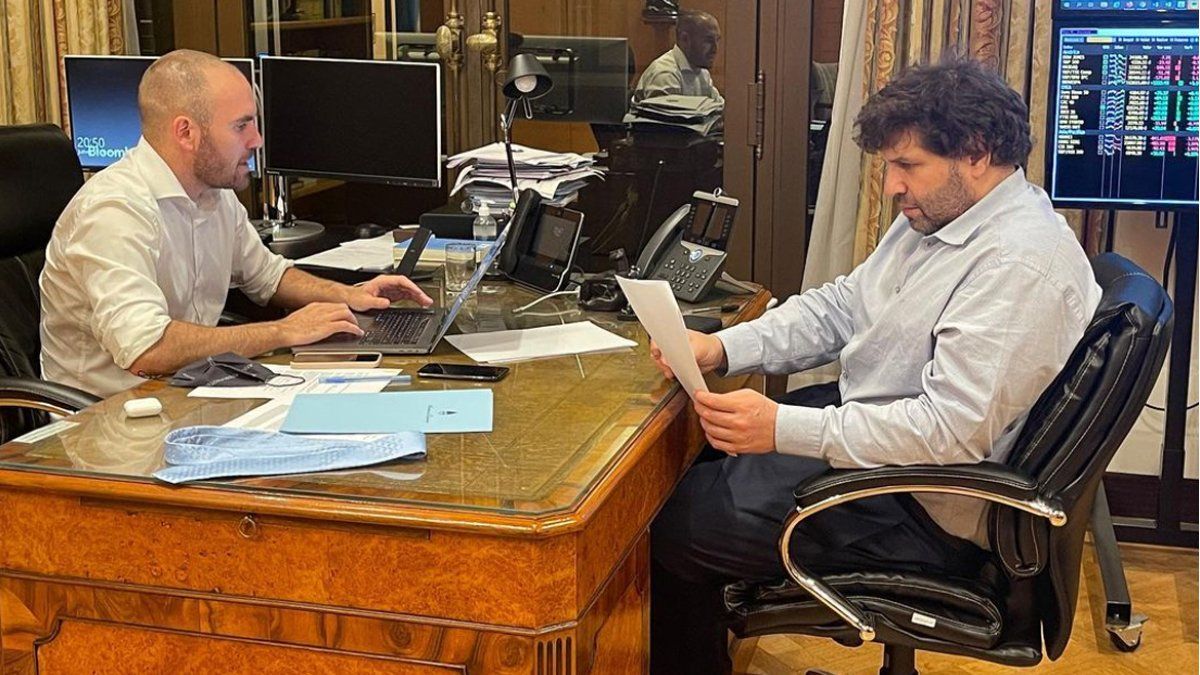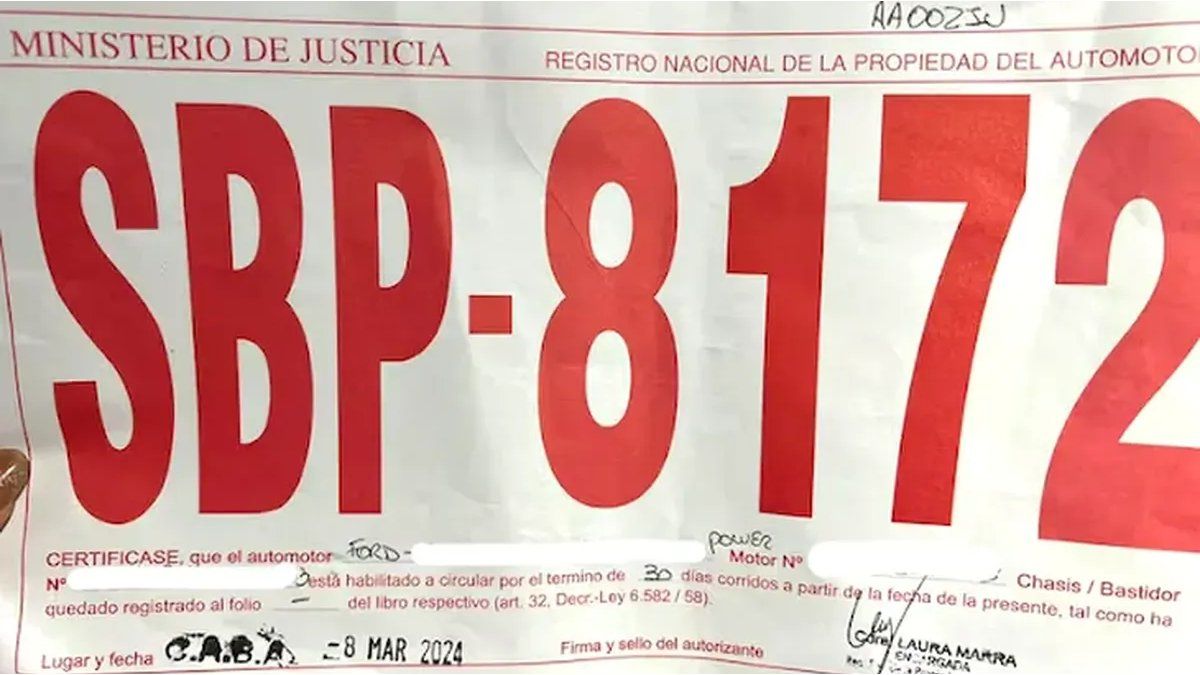Argentina had guaranteed the positive vote of Russia and China last month, after the tour that Alberto Fernández had arranged for both countries. There was even some satisfaction, since it was expected that at the time the local case was finally dealt with (to approve or reject the Extended Facilities) there would be an open defense of Argentina from the two states visited by the Argentine president and a strong and direct criticism against the normal functioning of the organism. This despite the recognition that between Russia and China they hold only 6.4% of the total votes on the board, divided into 3.7% China and 2.7% Russia.
The joint specific weight is symbolic and is not enough to approve any agreement, but it was considered until before the invasion of Ukraine that it could be trusted at the time of the treatment of the Argentine case that there were Russian (and Chinese) defenses to the critical Argentine position . This would have served symbolically to counteract the sure attacks against the country and the handling of its economy that Japan, the Netherlands and other states that are traditionally angry at the lack of neatness and predictability of national public accounts were preparing. This support is now in crisis, given that it is not known what kind of decision the IMF itself will make with Russia and its participation in the organization’s board, in the event that international sanctions against Putin become generalized and eventually reach his participation as a protagonist. in international financial organizations.
The possible absence of Russia in the final vote does not really change Argentina’s chances of success on the Fund’s board. According to official calculations, the country would be guaranteed a global support of 70% in the directory. That level is reached with Germany, France, Spain and other European countries that would vote in favor, also adding other key states that, it is ruled out, would also endorse Argentina. This group included Russia and China, adding the Arab countries (especially those of the Persian Gulf, with a strong presence on the IMF board), as well as, logically, all of Latin America and Africa.
It is also hoped that more consensus would be achieved with key countries such as Canada and the rest of the European Union, with which the percentage would rise to around 70%. Thus, it would be necessary to obtain only 10% more for the essential level so that a proposal that transgresses what the IMF statutes mandate and dictate can be approved. Only with a minimum of 85% of the guarantees could the Fund’s line technicians be authorized to apply a payment plan for the country outside of the only mechanisms authorized by the organization’s charter: standby and Extended Facilities , both in all possible variables. Since what the country is proposing is an alteration of the norms, only a vote of more than 85% could endorse the request.
With this, sooner or later, Alberto Fernández will have to resolve face to face (via video call) with Joe Biden, the support of the United States on the board. This country holds 16.74% of the shares, with which without this endorsement it would be impossible for the intention to (slightly) alter the Organic Charter of the IMF to be possible. More taking into account the close experience of the last IMF negotiators (Alejandro Werner, Roberto Cardarelli and company) who, after signing a stand by outside the statutes, ended up ejected from their positions.
On the topic of board votes, the situation is clearly marked. Each sovereign state has a percentage of votes depending on its GDP, reserves and direct contributions to the functioning of the organization based in Washington. Any normal agreement (stand by or Extended Facilities) is approved with a minimum percentage of 70%, but a majority of 85% is required for special plans or changes to the Organic Charter. Recently, this majority was necessary in cases such as the Greek crisis of 2010 and that of Portugal in 2011. In total, the board is made up of 24 executive directors who represent different percentage levels of power within the organization. The United States, Japan, Germany, France and the United Kingdom can choose a director without help from any other country. China, Saudi Arabia and Russia de facto elect one director each; while the remaining 16 choose it according to blocks of states. Argentina, through the local envoy, Sergio Chodos, occupies the group with Bolivia, Chile, Peru, Paraguay and Uruguay.
Source: Ambito
David William is a talented author who has made a name for himself in the world of writing. He is a professional author who writes on a wide range of topics, from general interest to opinion news. David is currently working as a writer at 24 hours worlds where he brings his unique perspective and in-depth research to his articles, making them both informative and engaging.




